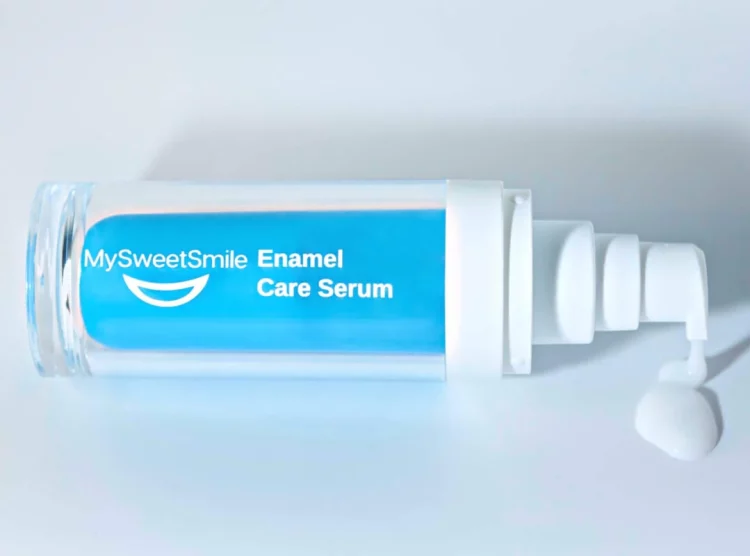Veneers have become one of the most popular cosmetic dental treatments worldwide. Known for their instant ability to transform a smile—making teeth appear whiter, straighter, and more symmetrical—they are often associated with Hollywood-level aesthetics. However, with popularity comes misconception. One of the most common concerns people have is whether veneers damage natural teeth.
So, do they? The truth is more nuanced than a simple yes or no. Understanding the procedure, maintenance needs, lifespan, and real patient experiences can help you make a smart, informed decision.
What Exactly Are Veneers and How Are They Applied?
Before evaluating potential risks, it helps to understand what veneers are and what the treatment involves. Dental veneers are thin shells (typically porcelain or composite resin) that bond to the front surface of teeth. Their function is primarily cosmetic: covering imperfections, correcting minor misalignments, and enhancing overall appearance.
The Procedure Step-by-Step
1. Consultation and Smile Design
Your dentist evaluates your smile goals, oral health condition, and whether veneers are suitable for you. Not everyone is a candidate—issues like severe decay, gum disease, or heavy grinding may require treatment before veneers.
2. Tooth Preparation
This is the step that sparks debate. Your dentist removes a very thin layer of enamel—usually 0.3 to 0.7 mm—from the tooth surface. This is necessary to:
- Ensure the veneer fits naturally
- Prevent the teeth from appearing bulky
- Create a strong bonding surface
While enamel removal is irreversible, it is minimal and typically considered safe when performed by a skilled professional.
3. Impressions and Temporary Veneers
A mold of your teeth is taken and sent to a dental lab where your custom veneers are made. Temporary veneers may be placed in the meantime.
4. Bonding
Once ready, your dentist checks fit and color, then permanently bonds the veneers using dental cement and curing light. The result is instant aesthetic transformation.
Does the Procedure Harm Natural Teeth?
Removing a small amount of enamel technically alters the natural tooth, but it does not “damage” it in a harmful way. When done properly:
- It does not weaken the tooth significantly.
- It does not increase the risk of decay if you maintain proper oral hygiene.
- It does not expose the nerve or deep layers of the tooth.
However, because enamel does not regrow, veneers are considered a permanent cosmetic treatment. You’ll likely need replacements eventually.
Do Veneers Cause Long-Term Damage?
Veneers themselves are not harmful. Problems arise when:
- Veneers are poorly designed or improperly bonded
- The dentist removes too much enamel
- The patient neglects oral hygiene
- The patient grinds teeth without a protective night guard
- Gum issues are present and untreated
When performed by an experienced cosmetic dentist, veneers can last for decades without harming your natural teeth.
Potential Risks You Should Know
Though minimal, risks do exist:
- Increased sensitivity: Some people experience mild sensitivity to temperature after enamel reduction.
- Chipping or damage: Veneers can crack or chip, especially if you grind your teeth.
- Decay around the edges: Poor hygiene can cause decay where the veneer meets the natural tooth.
- Replacement needs: Veneers must eventually be replaced—usually every 10–20 years for porcelain.
Understanding these risks helps ensure you’re prepared and protected.

How Should Veneers Be Maintained to Prevent Dental Issues?
Maintaining veneers is similar to caring for natural teeth, but with a few added considerations.
Daily Maintenance Tips
- Brush twice daily with a non-abrasive toothpaste
- Floss carefully around the edges
- Use alcohol-free mouthwash to avoid weakening bonding cement
- Avoid biting on hard objects (ice, pens, fingernails)
- Wear a night guard if you grind or clench your teeth
Regular Professional Care
Dentists recommend:
- Cleanings every 6 months
- X-rays to monitor health beneath the veneers
- Touch-up polishing to maintain the shine and smoothness
With consistent care, your veneers and natural teeth should remain healthy and strong.
How Long Do Veneers Really Last?
Porcelain veneers are extremely durable. Most last:
- 10–20 years with normal care
- Up to 25+ years with excellent hygiene and protective habits
Composite veneers typically last 5–7 years due to being less durable and more prone to staining.
It’s important to remember: veneers eventually need replacing. Replacement involves removing the old veneer and bonding a new one, but it does not mean more enamel will be removed each time.
What Do Patients Say? Real Testimonials and Experiences
While clinical explanations help, hearing how veneers feel in real life can be reassuring. Many patients note:
⭐ Positive Experiences
- “My confidence skyrocketed the moment I saw my new smile.”
- “I was afraid it would look ‘fake,’ but they look incredibly natural.”
- “The sensitivity went away in a few days—it wasn’t nearly as bad as I expected.”
- “I didn’t realize how much changing my smile would impact my social life.”
⭐ Common Concerns Reported
- “The cost was high, but worth it for a long-term result.”
- “I had some tightness at first, but I got used to it within a week.”
- “I didn’t realize I’d need to commit to replacements in the future.”
Overall, the majority of veneer patients report high satisfaction, especially when the procedure is done by a qualified cosmetic dentist.
So, Do Veneers Damage Natural Teeth?
In short: No, veneers do not damage natural teeth when done correctly.
They do require some irreversible enamel removal, and they require maintenance and future replacement, but they do not inherently harm dental health.
The important factors are:
- Choosing a skilled cosmetic dentist
- Maintaining excellent oral hygiene
- Wearing protection if you grind your teeth
- Understanding they’re a long-term commitment
If you’re considering veneers, go in informed and prepared—your dream smile may be closer (and safer) than you think.













































Discussion about this post